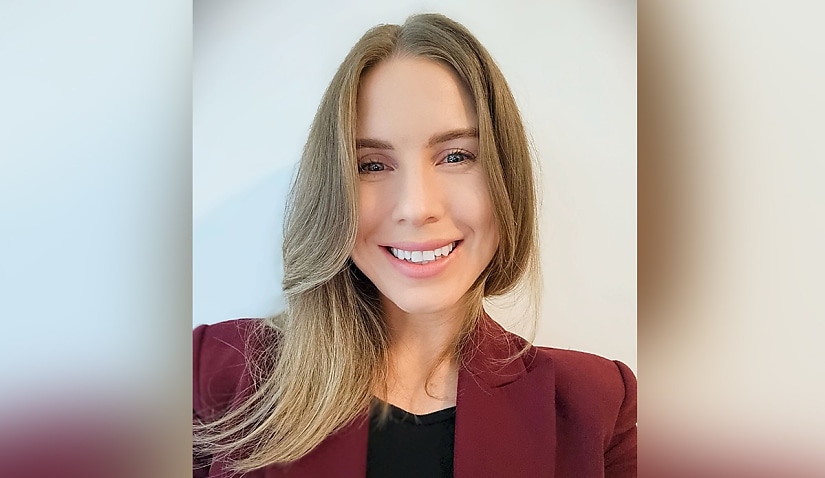Powered by MOMENTUM MEDIA
In the defence industry, preventing a tragedy is preferable to reacting to one. For award-winning general counsel Katherine Stapels, this means that utilising soft skills and being adaptable to an ever-changing workload is fundamental to supporting the efforts of such important work.

In a recent episode of The Corporate Counsel Show, DroneShield general counsel Katherine Stapels — who, earlier this year, won the Defence Lawyer of the Year category at the Corporate Counsel Awards — spoke about what life as a defence industry lawyer is like.
The work of a defence industry lawyer, she outlined, is “quite complex” from a legislative and regulatory point of view.
“I think what makes it really rewarding is that transactions are never the same, deals are never the same, and so the work that I’m doing on a day-to-day basis is never identical. That’s key to enjoying a role — having different things happening on different days,” she said.
“I’ve got the opportunity to not only think about things in different ways, but learn how to do things in different ways and in different contexts.”
Ms Stapels’ role at ASX-listed company DroneShield, she explained, is “extremely varied”, especially as she is a law department of one.
“It can be very ad hoc. [My day] might be working with export compliance, it could be to do with reviewing our insurance portfolio, our licenses to operate, checking regulatory compliance, anything to do with HR — just to name a few,” she said.
Being stimulated in such ways is essential, Ms Stapels noted, given how critical the work being undertaken is — not just for the defence industry, but for the Australian community at large.
“The work is so important because there’s been a fundamental shift in warfare in recent times. I think, historically, there was no reliance on electronic capability, but particularly over the last 10 or so years, there’s been a real explosion in this particular market.
“Drones allow asymmetric warfare to take place, and they can be used to go over enemy lines and look at their defence systems as an example, or they can be used in a way to carry paraphernalia, or be basically weaponised for nefarious purposes,” she detailed.
“So, at a really basic level, the work is important because in a counter-drone perspective, ‘it would be preferable to prevent a tragedy than to react to one’. I think that that really speaks to the core of the business that we’re in, that it’s important to prevent a tragedy rather than having to react to the ramifications that result from a tragedy.”
In the wake of such vocational importance, Ms Stapels said that — when it comes to cross-department collaboration, being able to read a particular person is pertinent.
“I don’t think there’s any right or wrong way to interact with someone. I think it comes down to more of a situation of reading the person, reading their needs, and reading the softer tips and cues that you get in your interactions with other members of the team,” she said.
“I think that’s definitely one of the stark contrast between working in private practice and coming in-house — the emphasis really shifts from having to stack as many billable hours as I can, towards building relationships in-house.”
In such a role (particularly one that is “very heavily regulated”), one can “never underestimate” the importance of having great soft skills, Ms Stapels advised.
“Litigation has to be the last resort in a process. It’s really important to come to work with the mindset of working with suppliers and contractors towards common goals, and understanding that there is a real emphasis on building relationships rather than starting a dispute.”
The transcript of this podcast episode was slightly edited for publishing purposes. To listen to the full conversation with Katherine Stapels, click below:
We're evolving — and so should your insights. Heads up — Lawyers Weekly is going premium from 1 May for just $5 a month. Stay informed without missing a beat. More information coming soon.

Jerome Doraisamy is the managing editor of Lawyers Weekly and HR Leader. He is also the author of The Wellness Doctrines book series, an admitted solicitor in New South Wales, and a board director of the Minds Count Foundation.
You can email Jerome at: